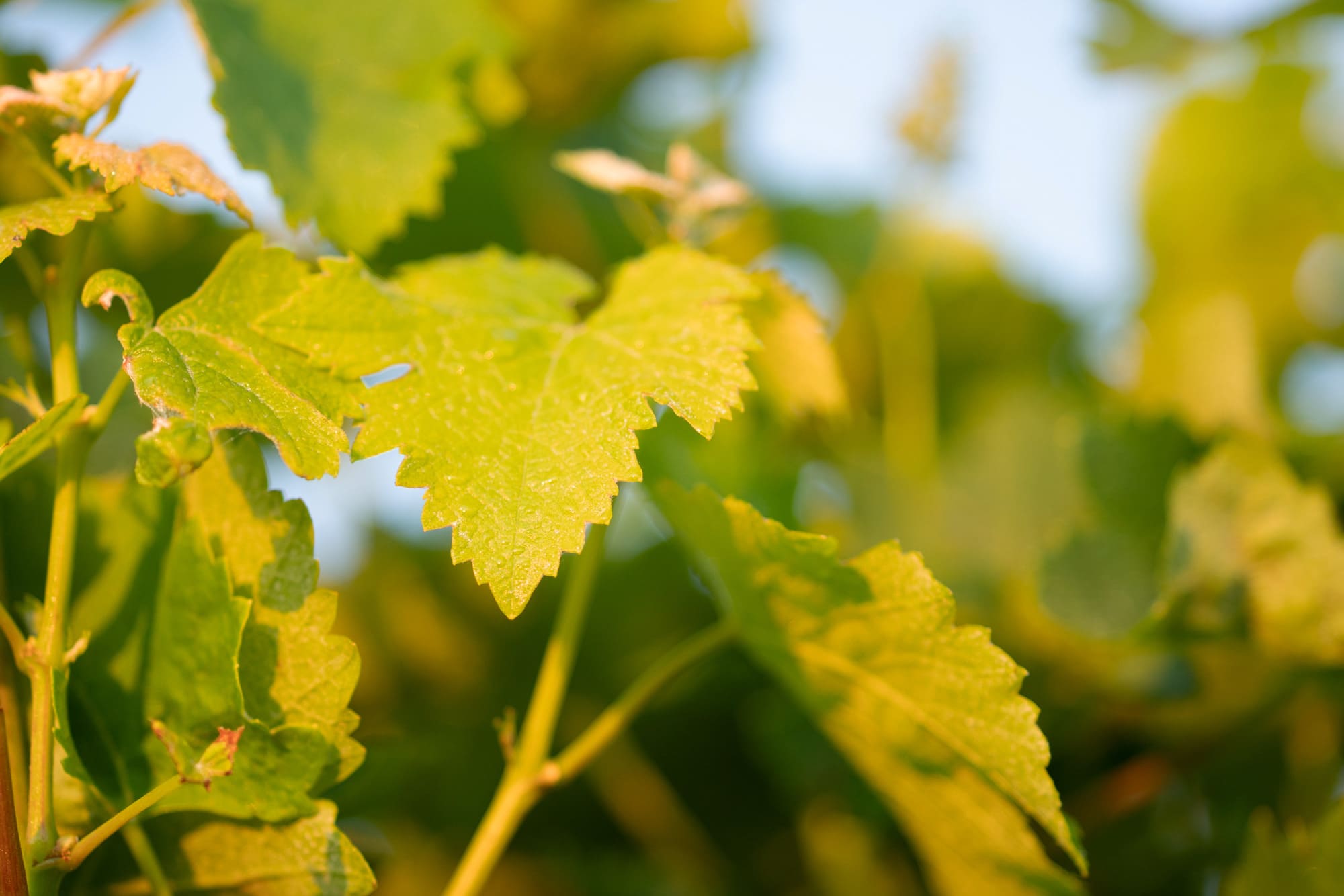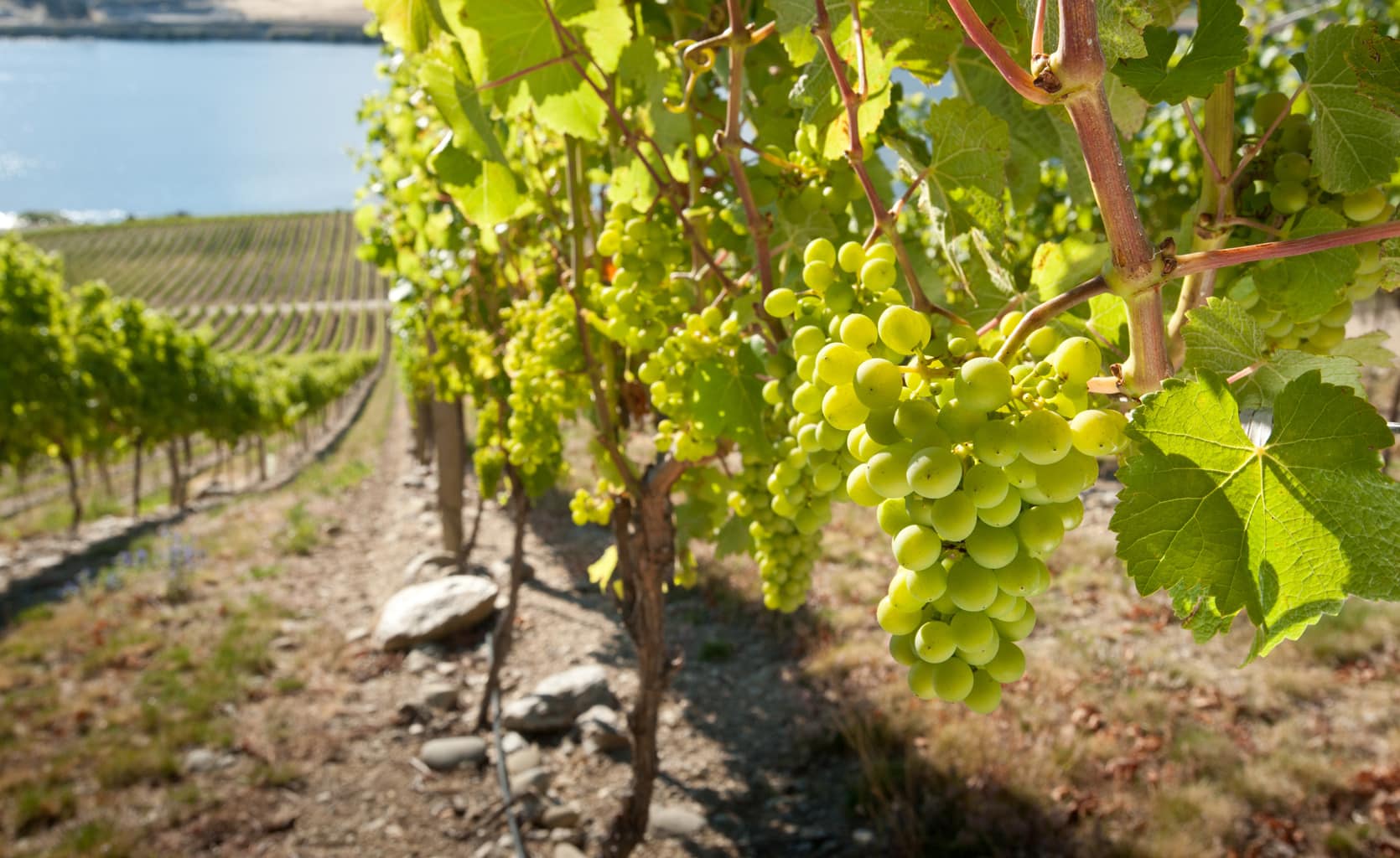Soil is the foundation of our industry, and maintaining soil health is a priority focus for Bragato Research Institute. Grape growers tend to have a close relationship with the soil because it influences the health of grapevines and the character of resulting wines. There is also increasing awareness that soil health is declining in many vineyards across New Zealand.
In 2023, BRI surveyed grape growers to identify practices that are being used to build soil health. The survey identified techniques ranging from irrigation management, reducing compaction, fertilisers, to cover crops, mulching or composting. The survey identified that 96% of growers want more information to support improved soil health. Specifically, respondents wanted this information to be more specific to their location and the potential issues that might be limiting vine performance and recommendations to be focused more heavily on these unique circumstances.
Based on this feedback, BRI, in collaboration with Plant & Food Research and the Marlborough District Council, has developed a ‘proof-of-concept’ that can guide site-specific soil management practices to promote soil health. The proof-of-concept tool provides soil property information on a specific parcel of land and recommended management techniques based on the soil’s susceptibilities to conditions affecting vine performance.
We aim to provide a tool and knowledge to help grape growers make rational and effective changes within their businesses. The proof-of-concept tool is to demonstrate the concept and is not perfect at this stage. We are currently seeking feedback on this proof-of-concept so that we can develop something that is valuable for the wine industry in meeting its goals of enhancing soil health.
















